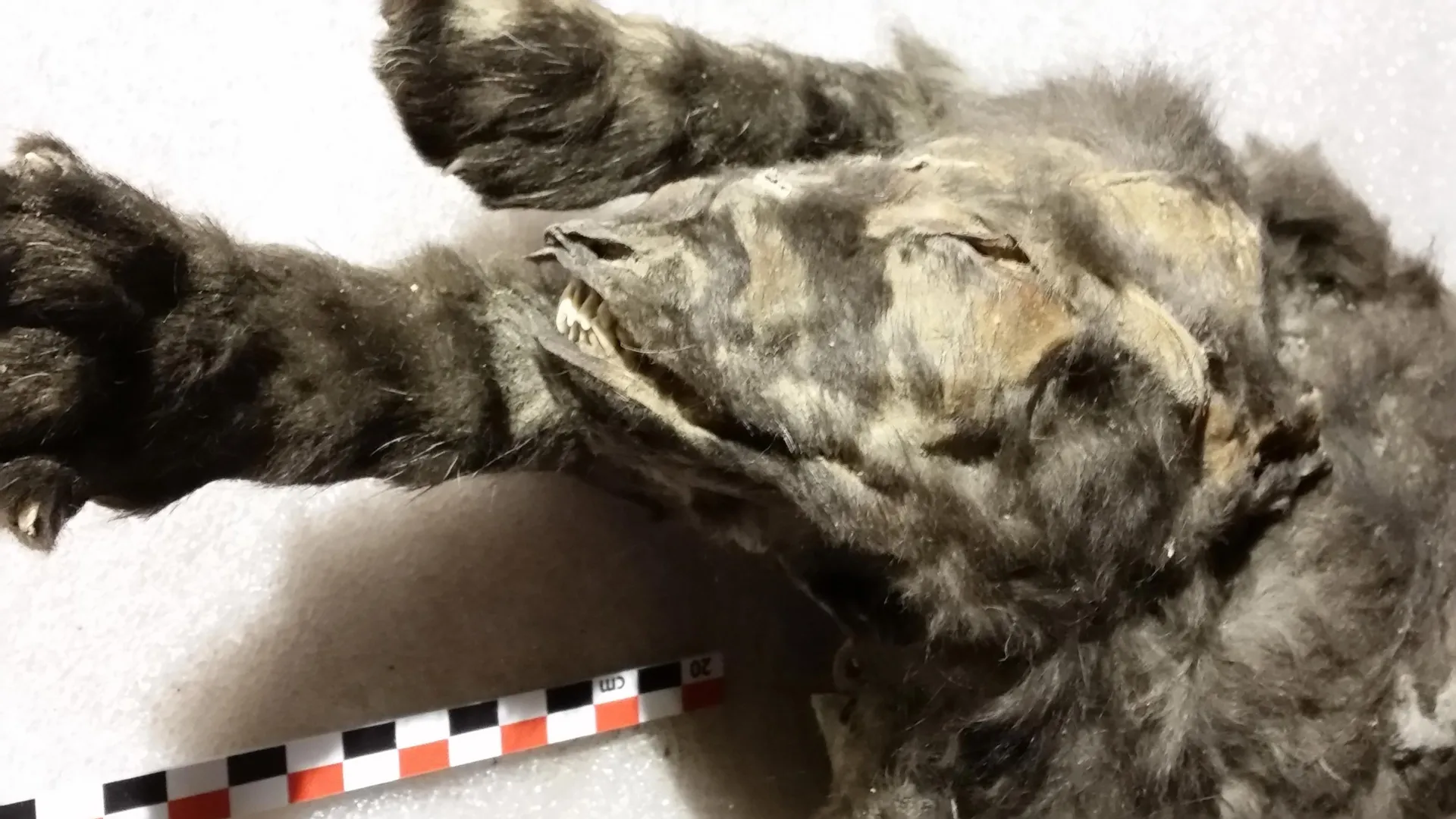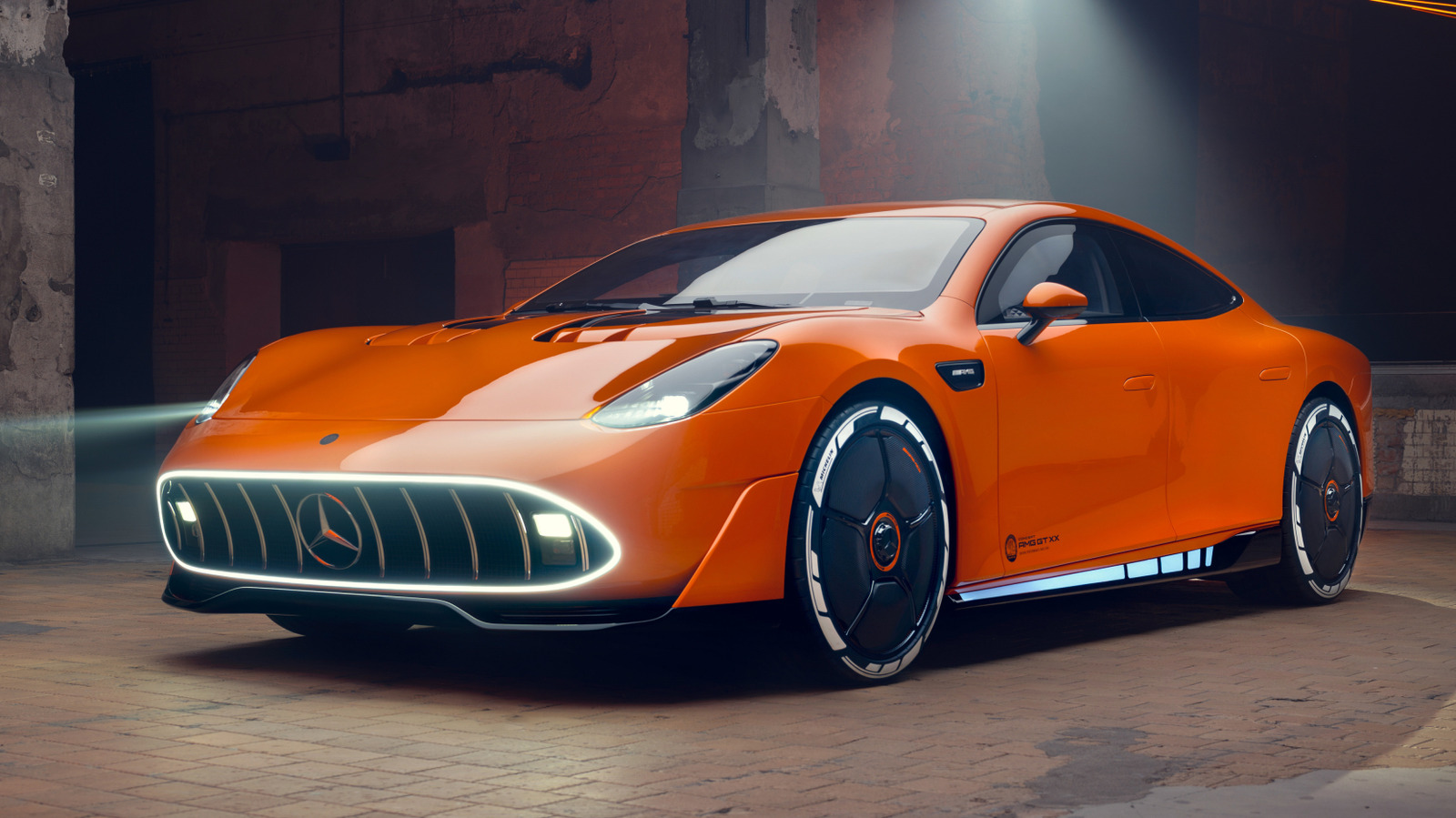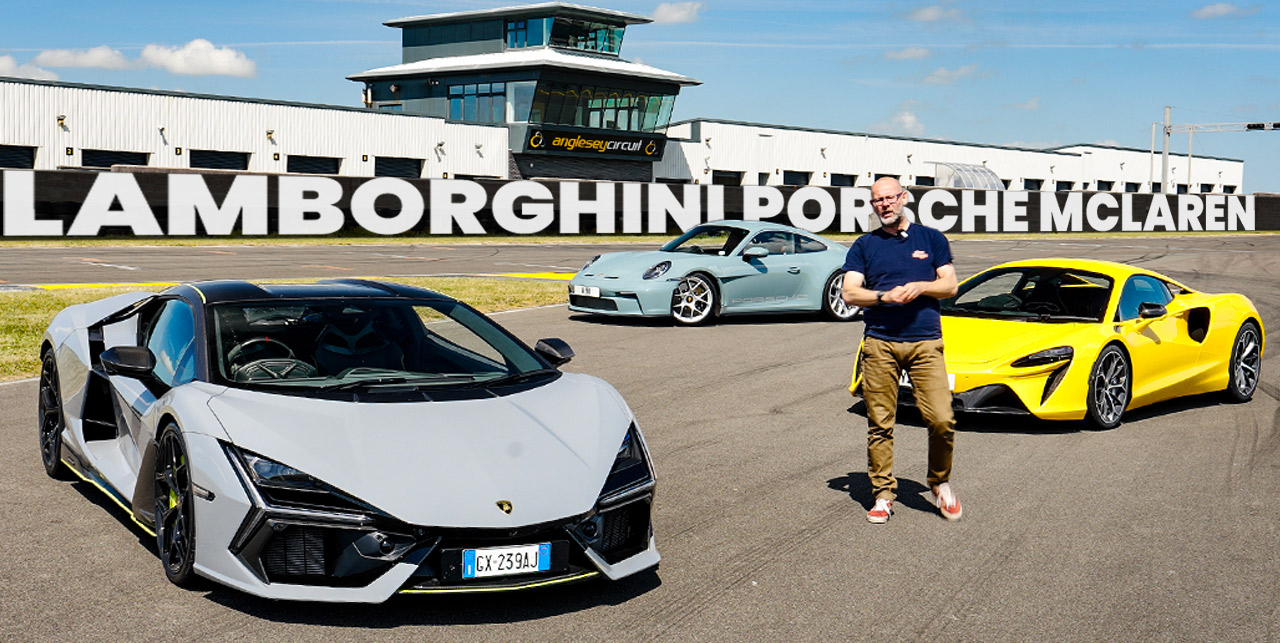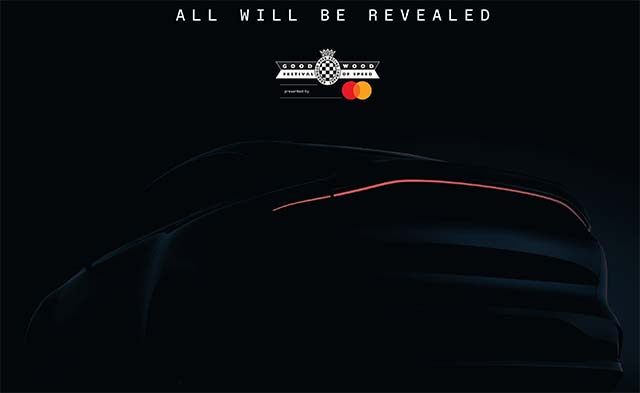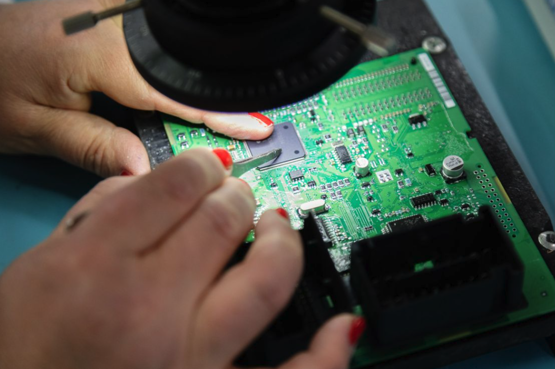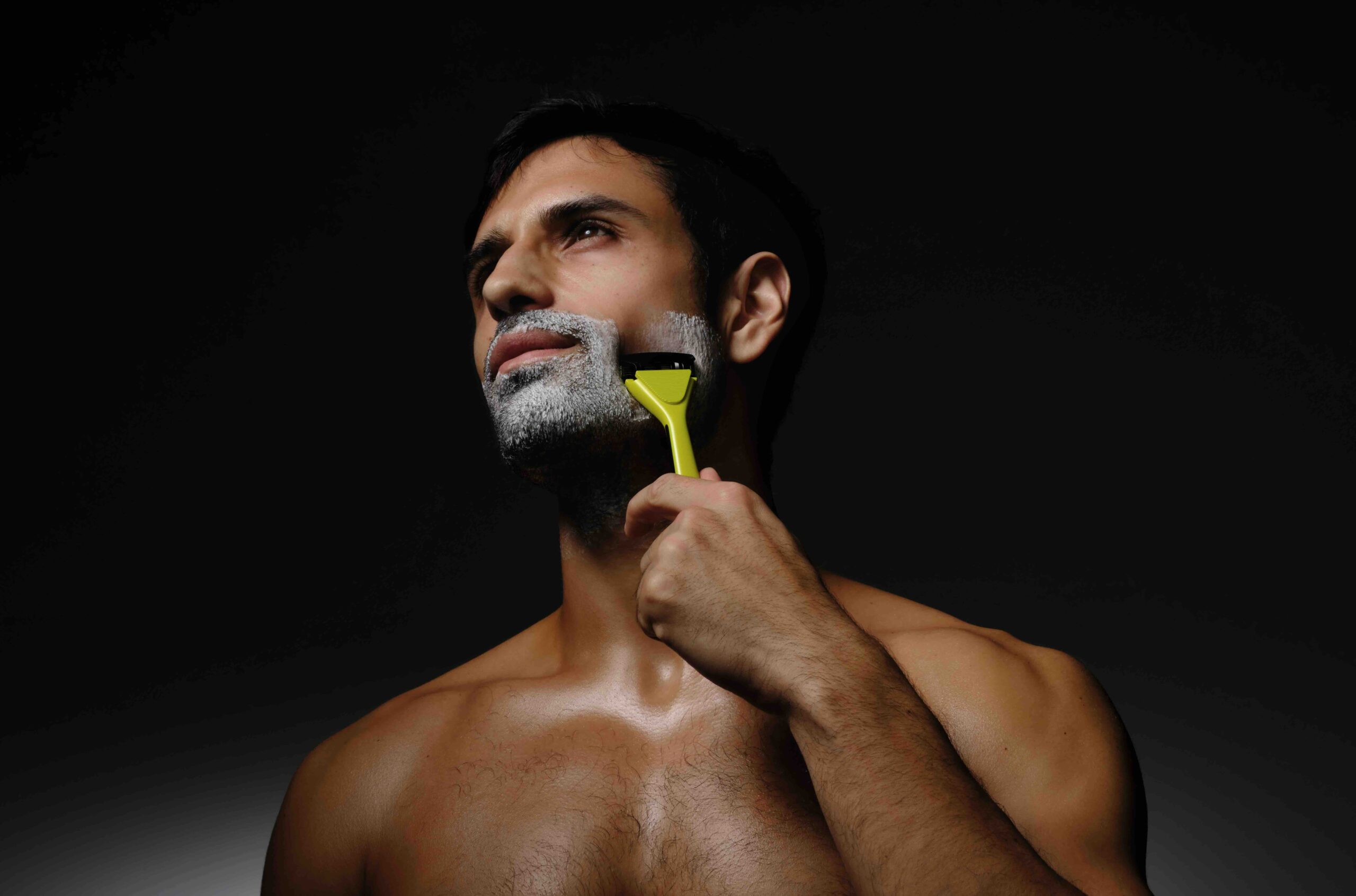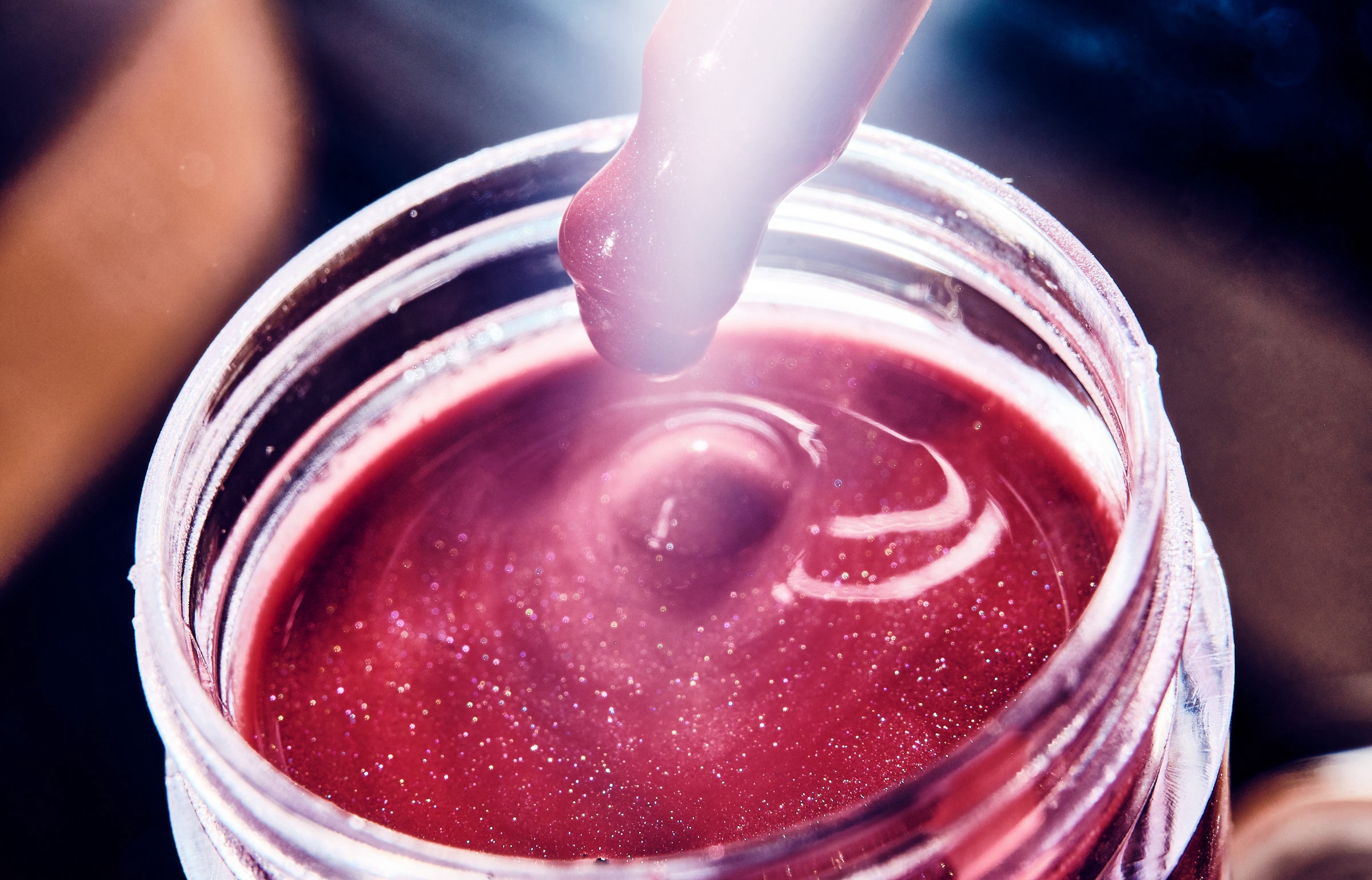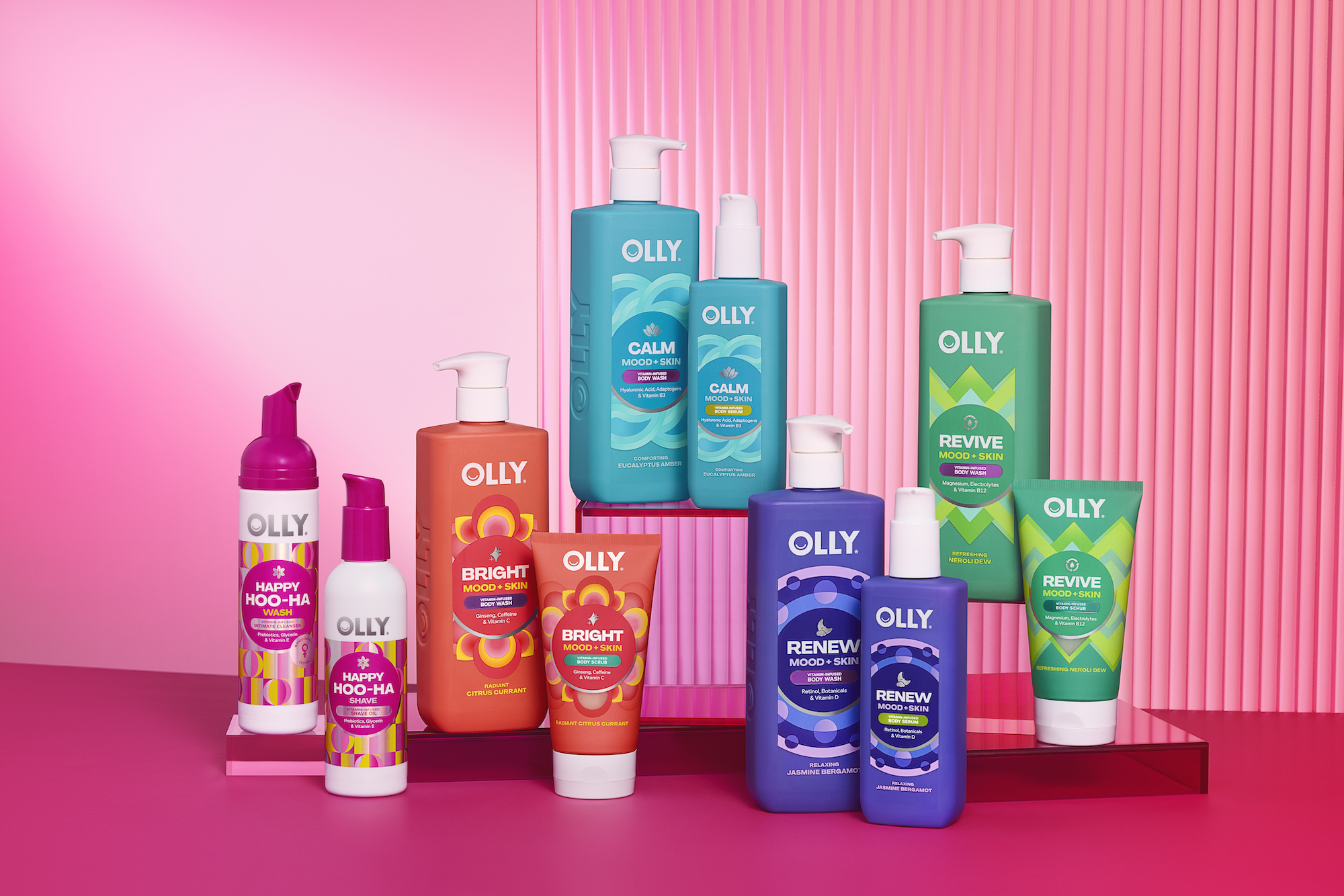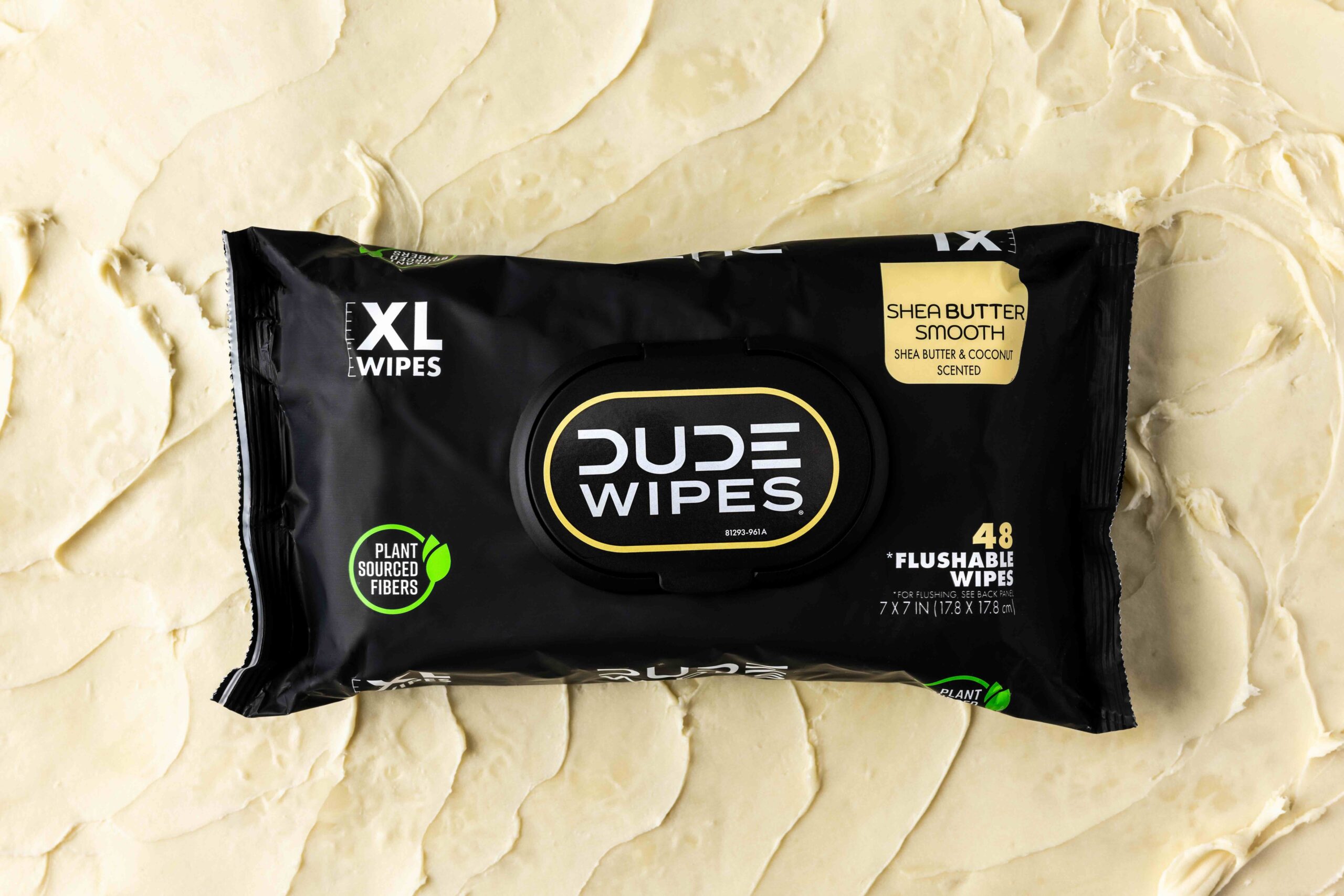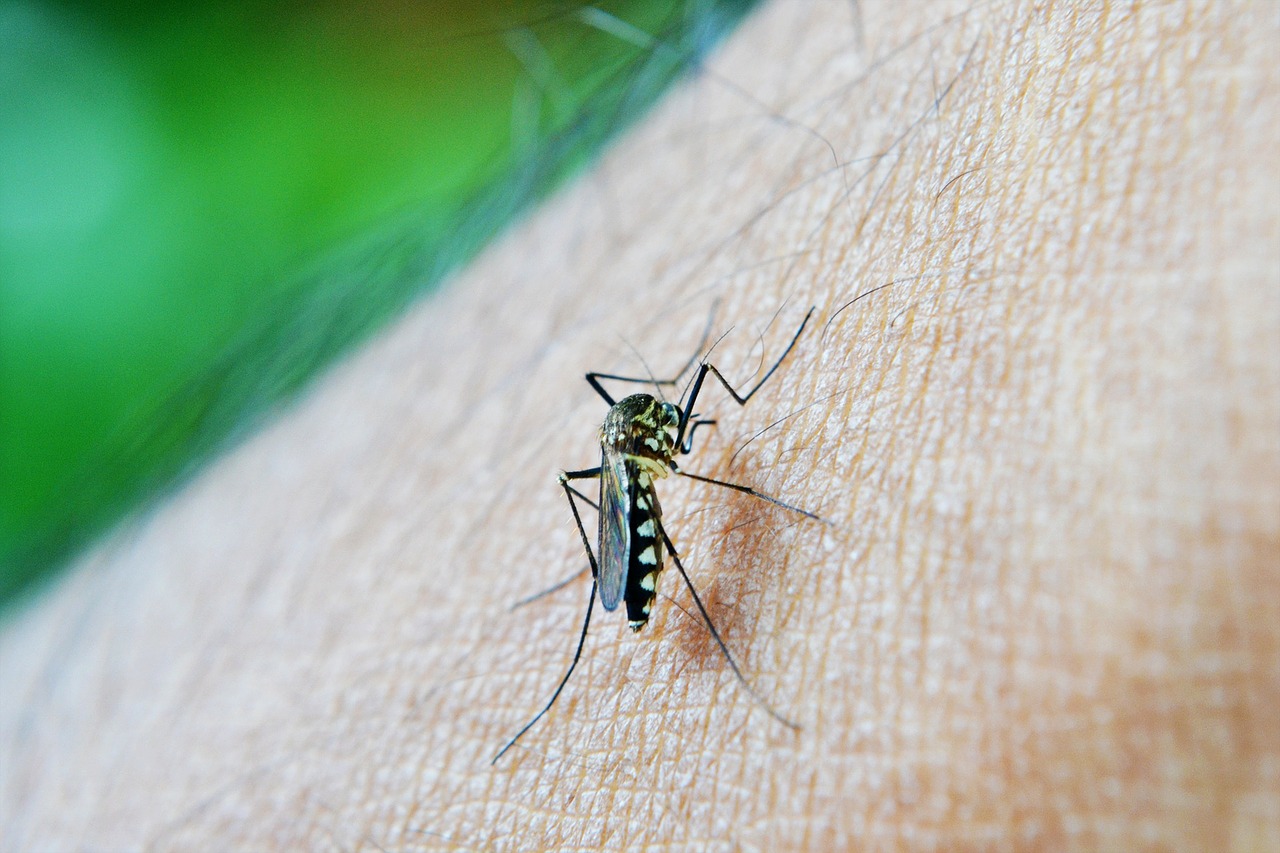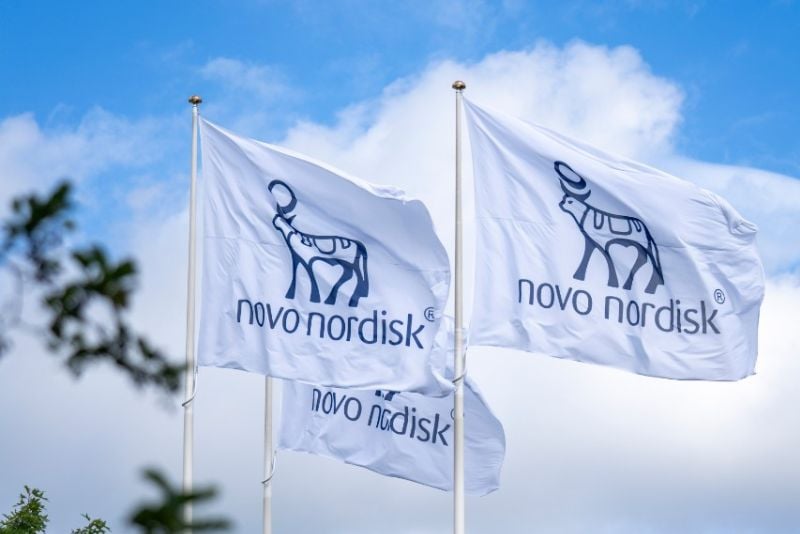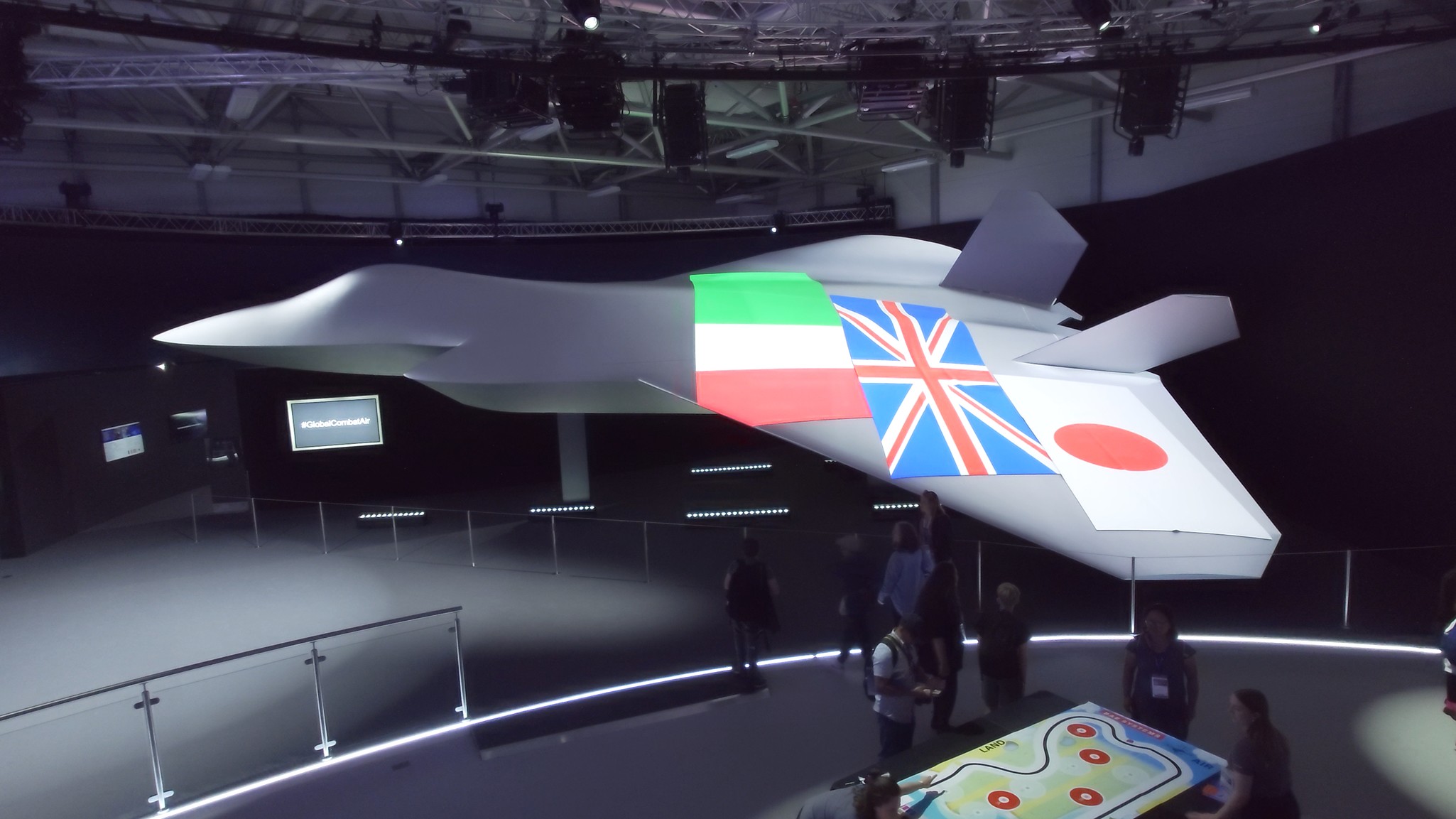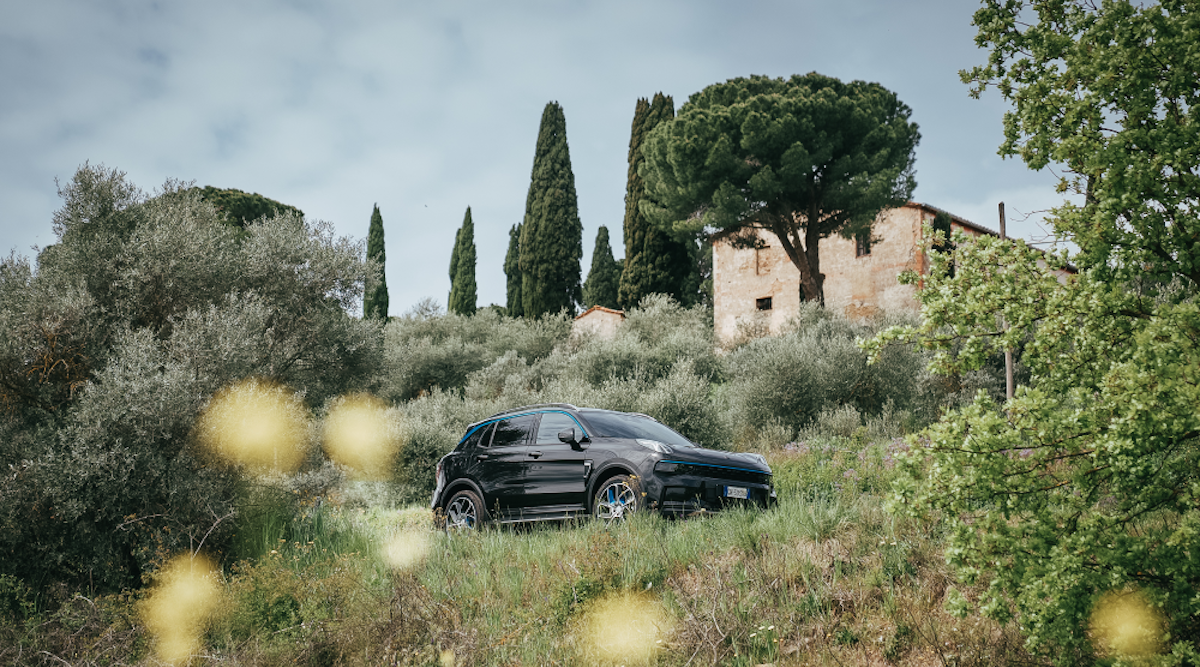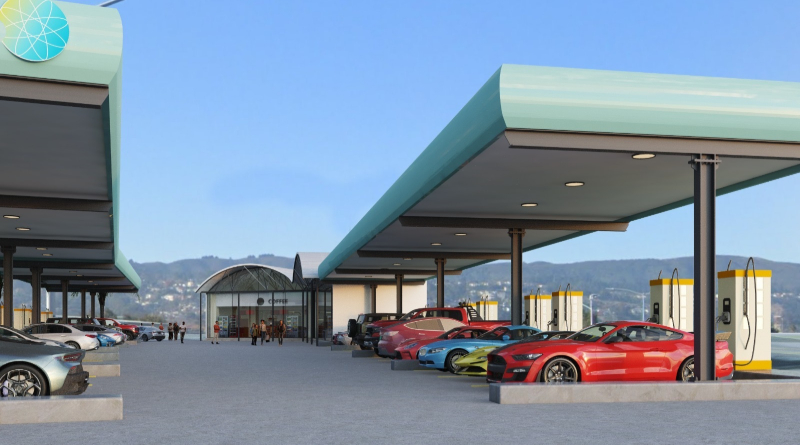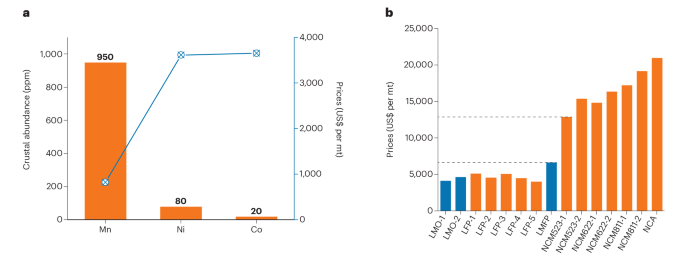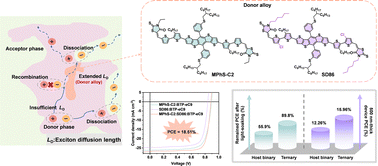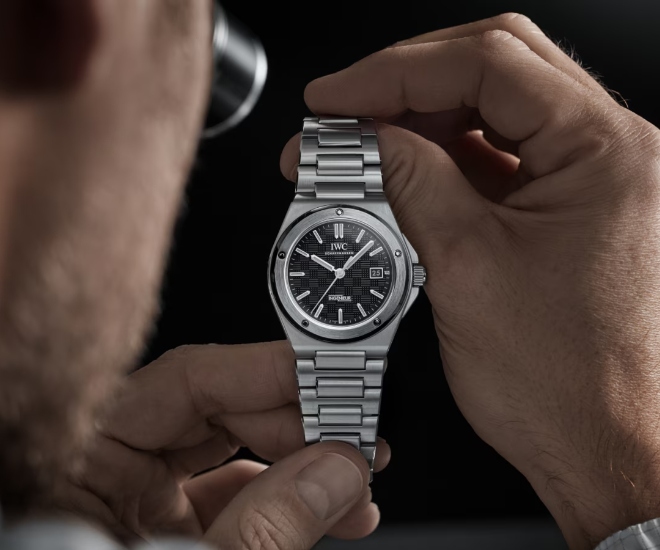Labubu Signals the Soft Power of Small Indulgences
What began as Labubu — a fuzzy, bunny-eared figurine — is now a billion-dollar symbol of emotional spending, cultural cachet and recession-era indulgence. The post Labubu Signals the Soft Power of Small Indulgences appeared first on LUXUO.

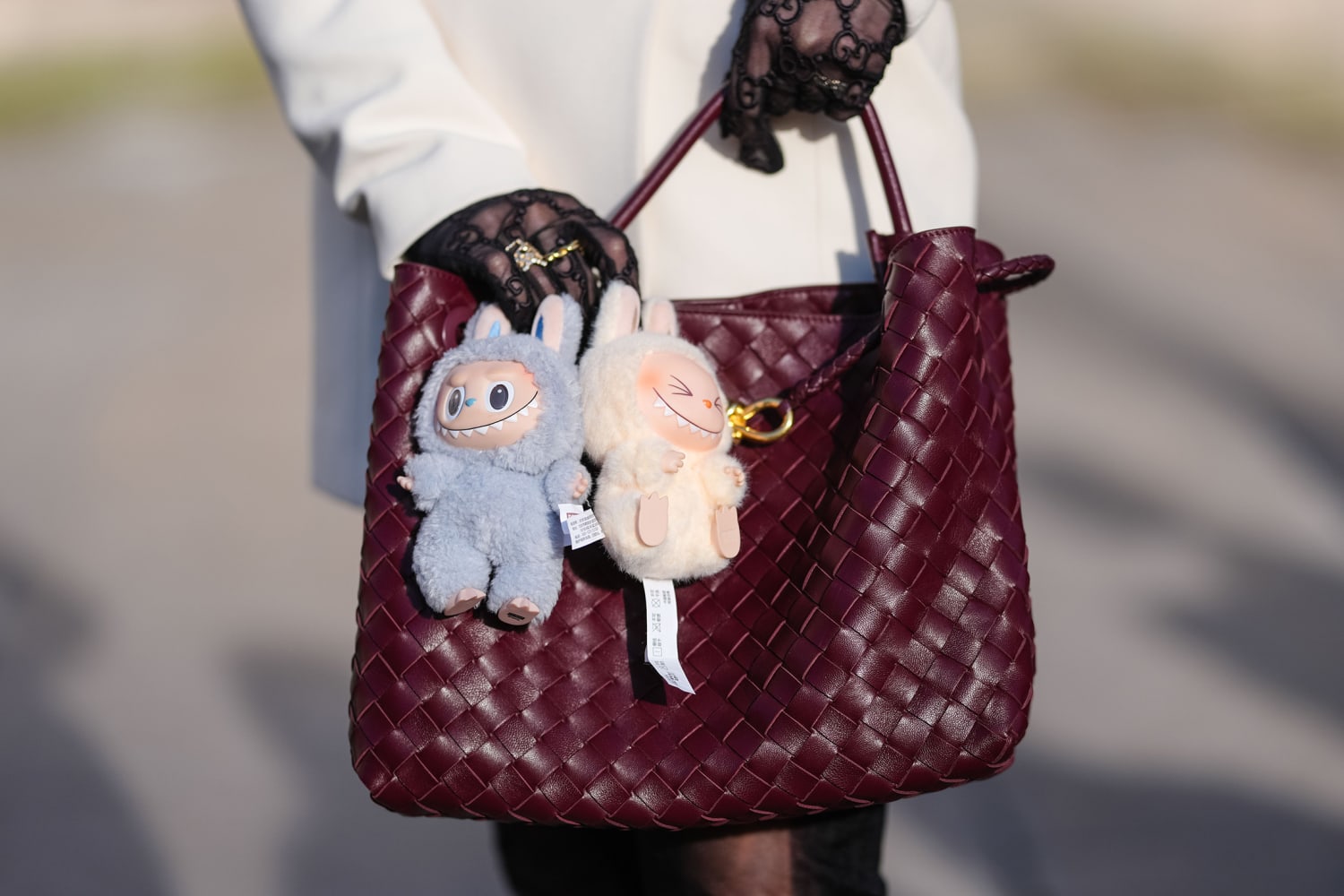
The luxury sector is in the midst of a reckoning. This year, Bain & Company forecasts a 2 to 5 percent contraction in global luxury spending, citing sluggish performance in leather goods, beauty and watches — long considered a bedrock of the EUR 364 billion industry. As market confidence wavers, even conglomerate giants are in flux. Kering has just confirmed the leadership transition from François-Henri Pinault to automotive veteran Luca de Meo, while rival LVMH grapples with what insiders are calling its most significant downturn in decades. Succession questions and softening sales are now forcing the old guard to reassess what luxury means, and more crucially, what modern consumers actually want. Designed by artist and illustrator Kasing Lung, Labubu is now an unexpected barometer of consumer sentiment, signalling a shift toward emotional spending, accessible indulgence and culturally charged micro-luxuries.
The Monster Business of Labubu


The fuzzy, bunny-eared Labubu figurine has become a fixture in celebrity street style. This mainstream appeal has supercharged the stock performance of its parent company, Pop Mart International Group Ltd., which has surged over 180 percent this year. With a market capitalisation now exceeding HKD 350 billion (approximately USD 46 billion), Pop Mart ranks as the third most valuable IP-driven brand globally, trailing only Disney and Nintendo. Pop Mart, the creator of Labubu, saw an extraordinary surge in revenue in 2024, driven largely by a 1,200 percent jump in sales of its plush toys. The overwhelming popularity of Labubu resulted in supply shortages, leading to long queues and occasional conflicts at retail locations. This prompted Pop Mart to temporarily halt both in-store and blind box machine sales in the UK.

Beyond capturing the attention of both toy collectors and fashion enthusiasts, Labubu tapped into the blind box trend, where buyers are unaware of which specific version of the plush toy they will receive. Pop Mart ensured that Labubu appealed to a broad audience by offering a wide price range, typically between USD 20 and USD 300, with certain special collaborations and limited editions priced even higher.

Unlike many toys on the market, Labubu has gained a strong following among adults, a demographic that is increasingly influential in the toy market. In 2024, adults in the U.S. spent over USD 800 million on toys, according to market research firm Circana. Most adult buyers, primarily women, purchased these toys for themselves. In the first quarter of 2025, toy sales to consumers aged 18 and older grew by 12 percent compared to the same period the previous year, reaching USD 1.8 billion — the highest spending across all age groups during that quarter.
Labubu is now showing up in the orbit of fashion houses and streetwear brands, often photographed on influencer shelves next to Hermès bags or LV trunks. This cultural phenomenon has become a lifestyle flex — like a designer accessory or a rare sneaker release. Collectible toys are no longer countercultural; they are part of the new luxury ecosystem where identity, irony and exclusivity intersect. The #Labubu has sparked over 14 million posts on TikTok and continues to grow, featuring fans unboxing the toys, sharing looks inspired by them, and even creating Labubu-themed cosplay.


Recession Indicator
Labubu’s explosive popularity has, ironically, become a soft signal of economic anxiety. Much like the lipstick index — where consumers indulge in small luxuries during downturns — the surging demand for Labubu figurines and blind boxes reflects a pivot towards affordable comfort purchases. As luxury fashion cools amid market uncertainty, collectibles like Labubu thrive by offering emotional value at a lower cost of entry.

Read More: Fashion Industry Banks on The Rise of Collectible Culture
This is the new “lipstick effect” ( or Lipstick Theory 2.0) for a younger generation — instead of a tube of Chanel lipstick, today’s consumers are opting for a limited-edition figurine that sells out in minutes and appears to be appreciating in value. Labubu offers status, community and even investment potential. In an era where financial instability looms large, consumers are channelling their spending into small, joyful indulgences with perceived cultural cachet. There is also something significant about the growing number of adult Labubu collectors. For many, the toy represents more than just a collectible — it taps into a deeper longing for nostalgia and simple joy, offering a playful escape from the pressures of everyday life.
In recent years, the term “quiet luxury” emerged as a discreet barometer of economic caution, a sentiment that was quickly debunked by the rising popularity of Loro Piana and Bottega Veneta. However, the surging popularity of playful collectibles like Labubu points to a shift toward a different kind of “little indulgence” — one that is edging out coveted bag charms from leading maisons, as consumers prioritise emotional value in their purchases.
Read More: Bag Charms: Luxury Fashion’s Latest Moneymaker

Luxury’s Harsh Truth
The rise of Labubu exposes a difficult truth for the traditional luxury sector, which is that consumer desire and preferences are shifting. Legacy houses spend millions on campaigns and collaborations, but a plastic monster with a cult following can sell out faster than a new monogrammed tote. In enforcing heritage, some luxury brands risk fueling consumer fatigue and missing a new wave of emotional, memeable, fandom-fuelled spending — one driven not by aspirational wealth but by authentic emotional payoff.
For more on the latest in opinion and business reads, click here.
The post Labubu Signals the Soft Power of Small Indulgences appeared first on LUXUO.
